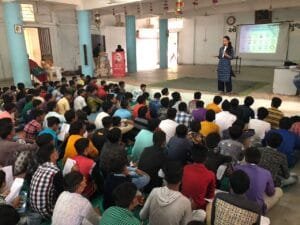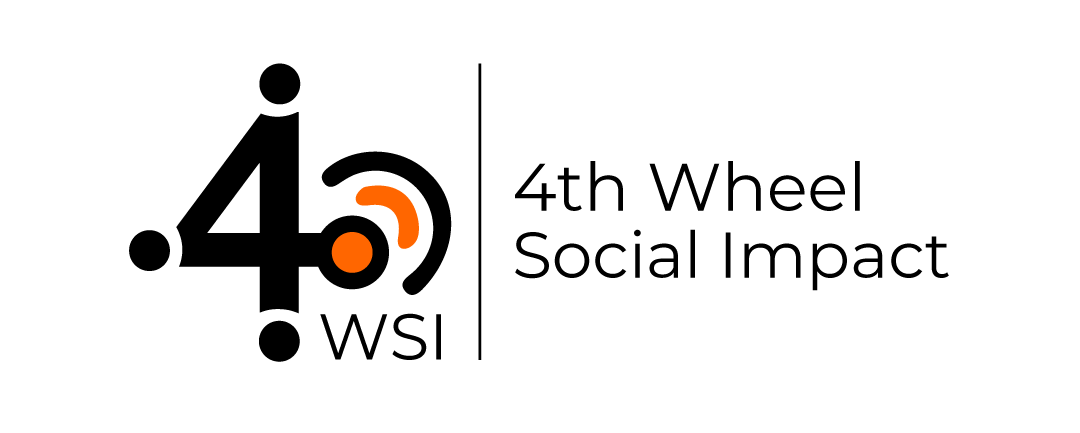Changing the 'Learning' Narrative!
- The 4th Wheel

- Jul 25, 2018
- 2 min read
Updated: Sep 15, 2025
A Project on Youth-Led Development, using Technology for Social Change
An ambitious project is underway in Bhuj and Gandhidhamtalukasof Kutch district in Gujarat, based on an understanding that all youth use phones and are involved on various social media platforms.
Sadly their engagement in socio-economic development is rare.
A collaboration between UNESCO-MGIEP, T-Learning, and 4thWheel, the essence of the project lies in testing whether advocacy sessions with youth on sustainable development and global citizenship results in their active participation in solving social issues.
The pilot project shall span nine months, starting June 2018. The first few months will entail advocacy sessions with higher secondary and college students (16-19 years) on youth-led development, Sustainable Development Goals (SDGs), using technology for social change, and aspects of ‘quality education’.
The intent is to reach approximately 3000 students in over 10 schools and colleges in both talukas. During the advocacy sessions, each student is made to fill in a worksheet comprising of 6 different activities to understand their perceptions on issues in education and the actions that can be taken to resolve these. The data (on issues and prospective actions) collected at this stage will be built into developing a crowd-sourced data collection app.
Crowdsourced data collection is widely believed to create an environment of active participation and engagement for social change. As part of the Global Monitoring Framework for the SDGs, the key focus area is to ensure QUALITY EDUCATION (SDG 4) and address the issues that obstruct quality learning.
There are eight monitoring domains of SDG 4 under the purview of this project. These are- education for all, early childhood development, skills training, safe environment, appropriate infrastructure, health and nutrition, curriculum, teachers, and technology.

The data suppliers for the project will be these 3000 students who will assist in local issues identification regarding these 8 domains, report actions taken by stakeholders for solving specific issues, and track changes. Each student will identify three schools in the local geography where they will monitor issues, actions, and changes over the next five months.
The project intends to combine the power of youth and technology. It tests whether students provided with information (on global citizenship and sustainable development) and the right technological tools (crowdsourced data application) can become catalysts for change. It seeks to understand other factors which enable or deter youth/citizen participation in resolving issues related to education. So far, information collected on issues includes lack of teachers, no libraries, low focus on extracurricular activities and experiential learning, dearth of computers and technology, poor WASH facilities, etc. Students have been providing very interesting solutions to these issues and we are excited to see how this project translates into positive education outcomes, youth learning, and active citizen engagement.
With approximately 1.2 billion people aged between 15 and 24 years (2015), the global youth population has never been as important as it is today. Given as they have a direct understanding of the problems and challenges they face every day, they can come up with innovative ideas to solve a broad range of issues. Not only the future, but youth are also genuinely the present, essential to move forward and build adequate solutions to achieve the 2030 SDGs. This is the underlying belief of the project.




Comments